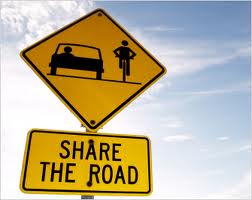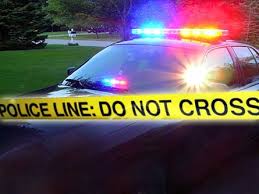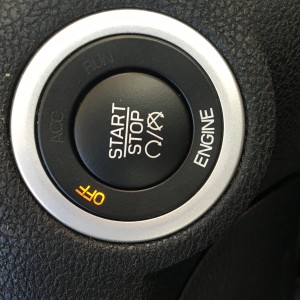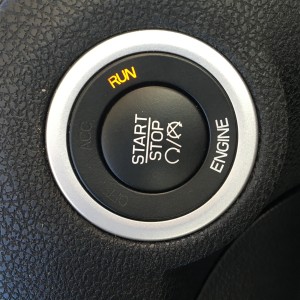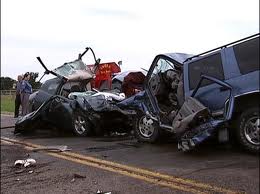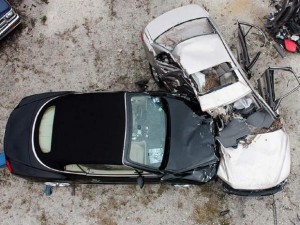
Does your own insurance company owe you a duty? The simple answer is “yes, of course.” But for any of you who read my blog, you know when dealing with an insurance company nothing is ever simple and you should never assume your own insurance carrier “is on your side.”
I just recently settled a case for my clients for the maximum insurance policy limits of the at-fault driver, even though my clients’ injuries were so severe I am confident a jury would have returned a verdict in their favor well in excess of the insurance limits. Let me explain the situation. This case involved a car wreck in which a young driver turned left in front of my clients at an intersection early in the morning. My clients had a green light and were going straight through the intersection. The young driver stated to the police officer he “didn’t see them” before he turned and my clients could not stop their vehicle to avoid the other car that suddenly was directly in front of them as they attempted to travel through the intersection on a green light. Both of my clients suffered severe personal injuries and were hospitalized as a result.
Now a reasonable person at this point would be thinking the driver making the left turn was at fault and his insurance company should pay my clients’ bills, right? Well, in the words of Coach Lee Corso, “Not so fast!” The insurance carrier for the driver who turned left in front of my clients at first claimed their driver was not liable! The insurance carrier was not going to pay a dime! That’s when I get involved. After some discussion about the fact that their insured, the young driver, had violated the Rules of the Road by failure to yield the right-of-way to my clients, the insurance company then asserted it’s second position, i.e., my client, who was driving the car, was contributorily negligent by speeding and so it would not be willing to pay anything for his claim, but since his wife, who was a front-seat passenger, cannot be legally contributorily negligent, they would be willing to pay her something for her trouble, but not the policy limits. The absurd position of the insurance company forced me to file suit. In fact, you can say the insurance company actually invited the litigation, taking the “so sue me” attitude, and I obliged them. I am sure they didn’t consult their own insured about how he wanted the claim handled. I had to hire an expert accident reconstruction, which is expensive. Neither car had a “black box” that would prove my client was not speeding at the time of the wreck, so my accident reconstructionist performed a signals analysis that proved the defendant could not have possibly had a green left-turn arrow and could not possibly have had the right-of-way at the time he turned left in front of my clients. Then the insurance company’s lawyer took the depositions of my clients. Their undisputed testimony left no room for doubt that they had the right of way and the defendant was at fault. Following their depositions, I made a settlement demand on the insurance carrier for the insurance limits of their insured. I gave the insurance company 30 days to respond to the demand, and if they did not pay policy limits, the demand would be withdrawn and we would proceed to trial.
 Atlanta Injury Lawyer Blog
Atlanta Injury Lawyer Blog


